
VoIP Push Notifications support for iOS SDK has arrived
Voximplant now supports VoIP Push Notifications for calls to iOS SDK.

Voximplant now supports VoIP Push Notifications for calls to iOS SDK.

Video calls that go via Voximplant servers (not P2P ones) are billed per megabyte of video traffic.

Blind transfer is when a person who transfers the call won't talk with the person to whom he transfers it.

We are happy to announce the high quality speech recognition for both audio call records transcription and real-time recognition scenarios.
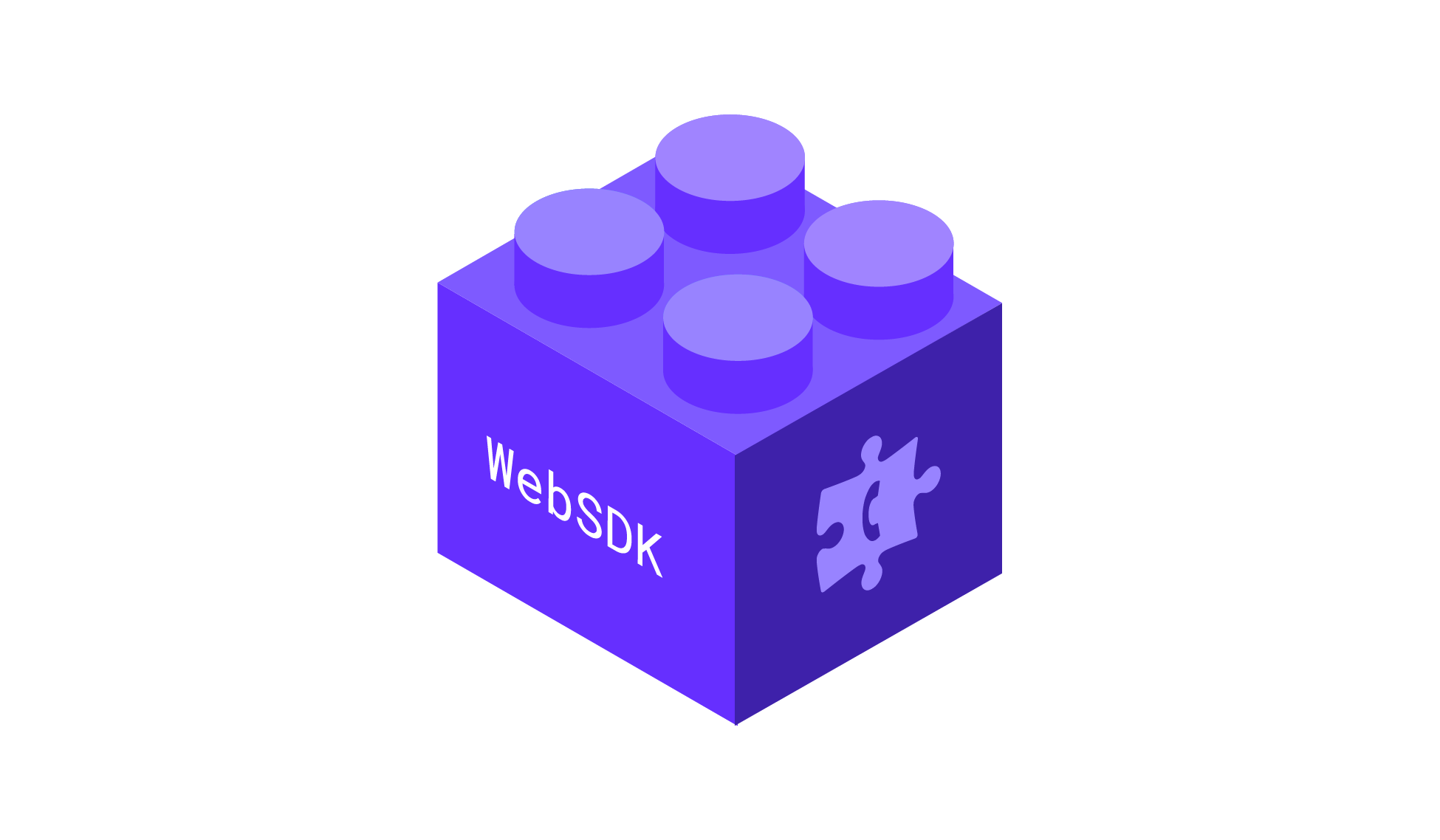
The new version of Web SDK will help us to accelerate the development process and includes a lot of new features and improvements.

Now developers can use Promise in their VoxEngine scenarios and we also added Net.httpRequestAsync and Net.sendMailAsync functions.

Your mp3 or ogg files played on VoxEngine scenario level with call.startPlayback or using Player will be played on the Web or Mobile SDK side in HD quality (48KHz), or on SIP side if it does support wideband audio codecs (Speex or Opus).
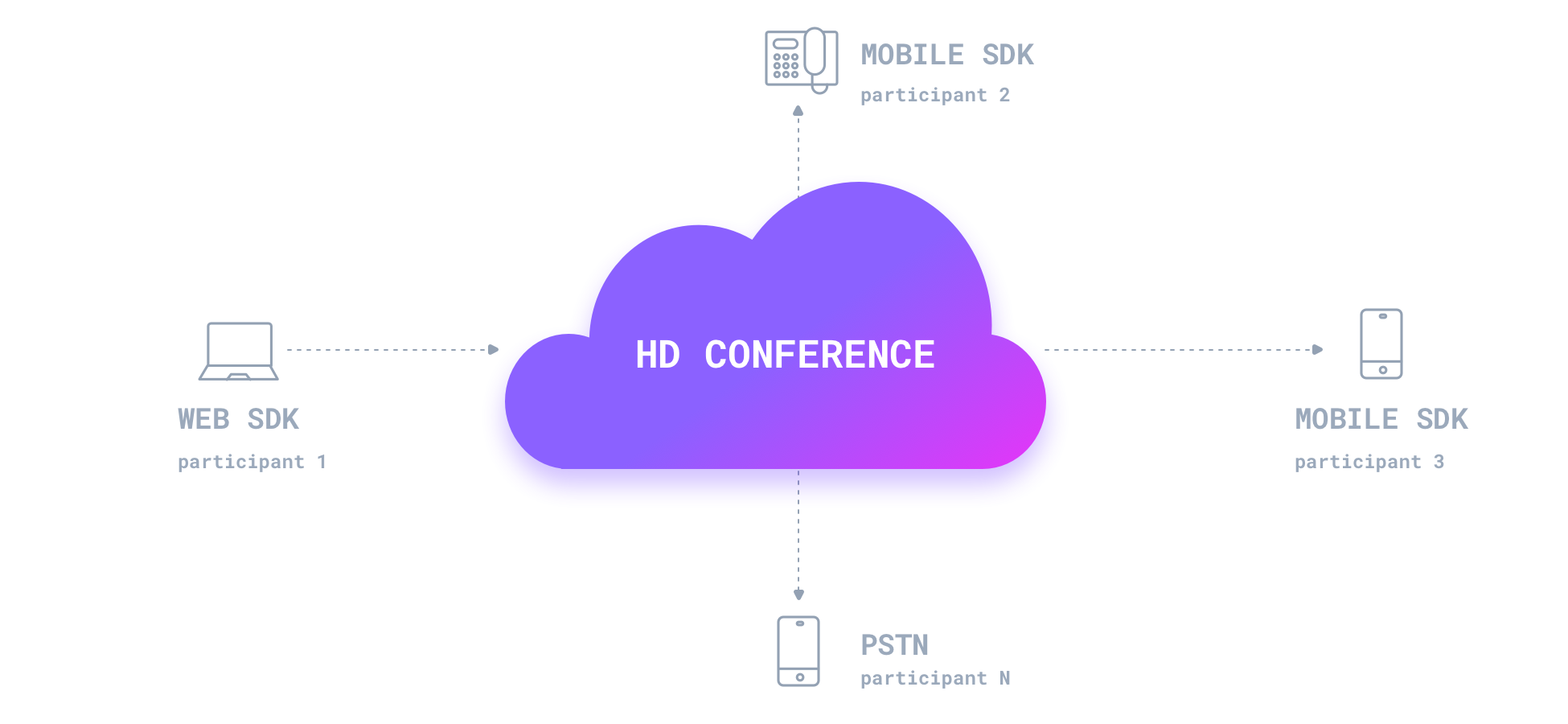
In HD mode audio is being mixed at 48KHz, all audio sources with lower sample rate will be resampled to 48KHz.
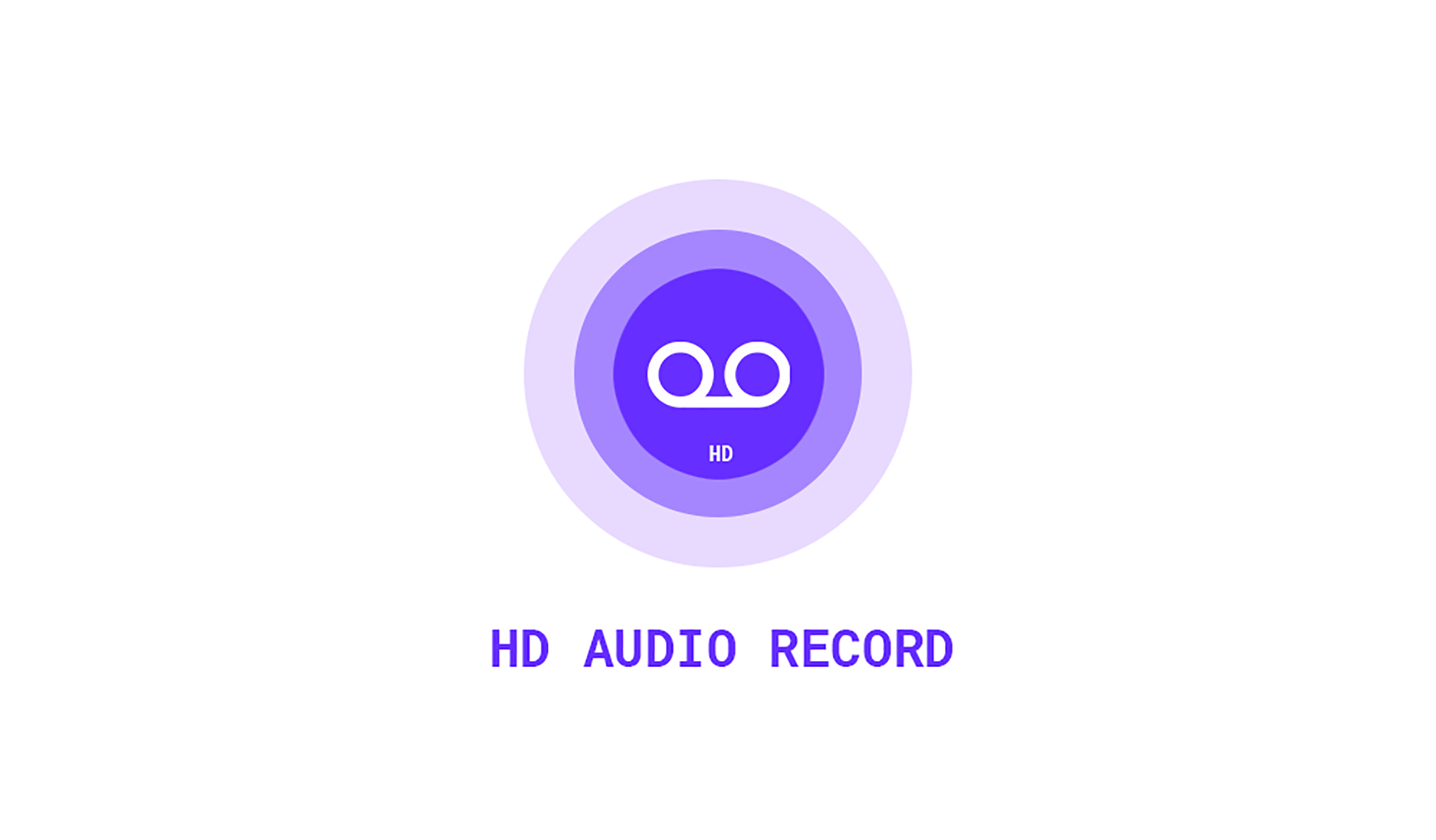
We chose 48 KHz as the base sample rate for HD audio recorder, since WebRTC/Opus can offer this quality, audio from endpoints with lower sample rate will be re-sampled.
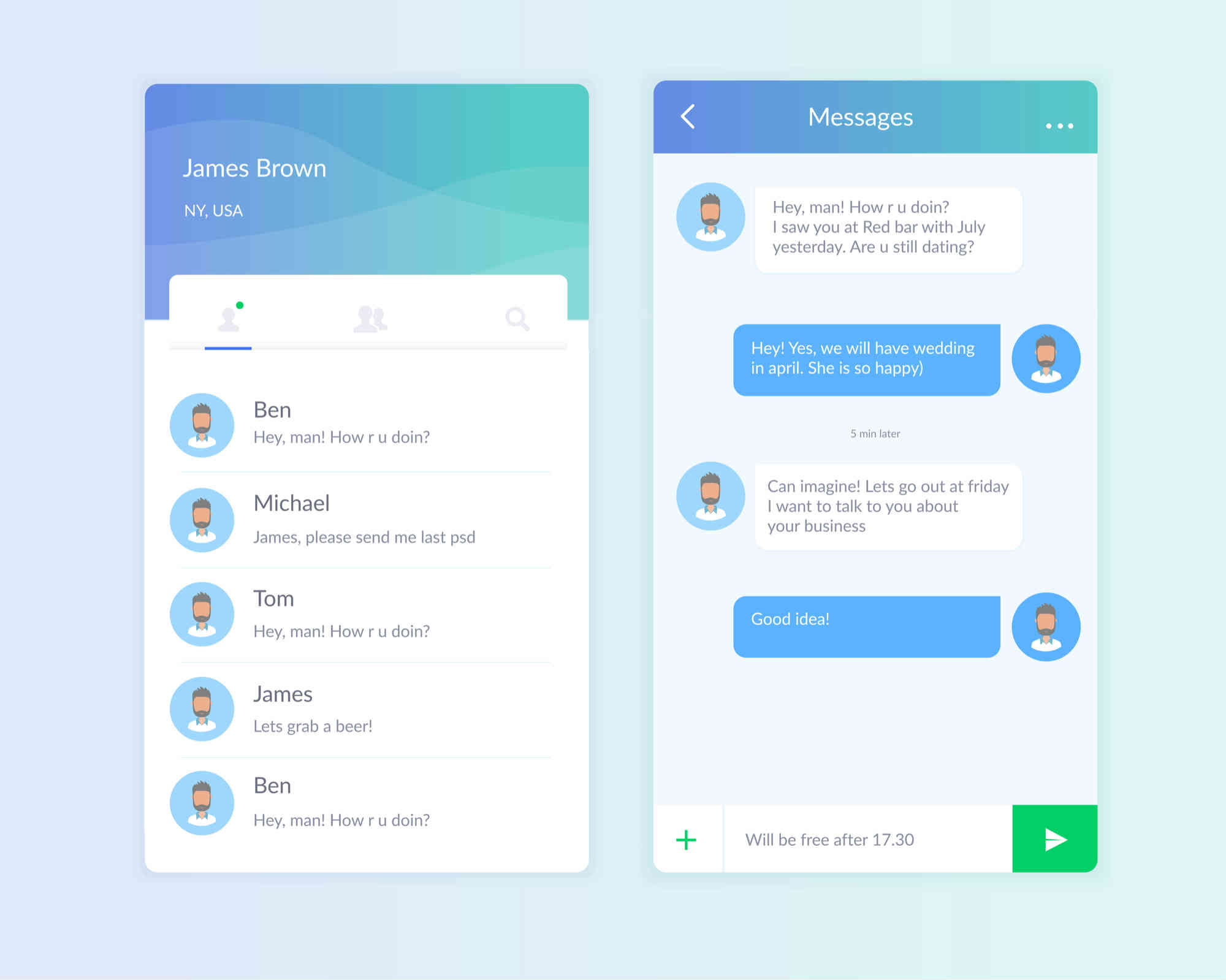
Full Featured Instant Messaging

If a call is made in non-P2P mode then its media stream goes via our media servers and we can record it if required.

We've started with audio, then we've added video calls and now it's time to let our developers use instant messaging and presence - two very important features of UC stack.

New Features in Voximplant Kit: Update overview We are constantly working to improve our product to make it easier to use and more effective for you. In this update, we have added several useful features. Here’s what’s new:
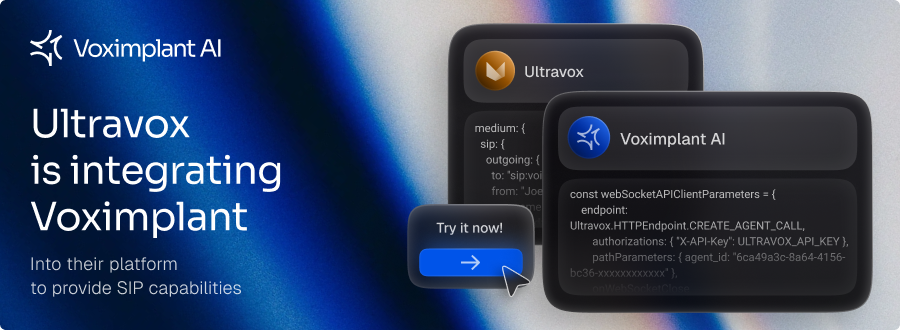
Today Ultravox announced they are directly integrating Voximplant into their platform to provide SIP capabilities. The integration builds on Voximplant’s deep telephony and Voice AI tooling
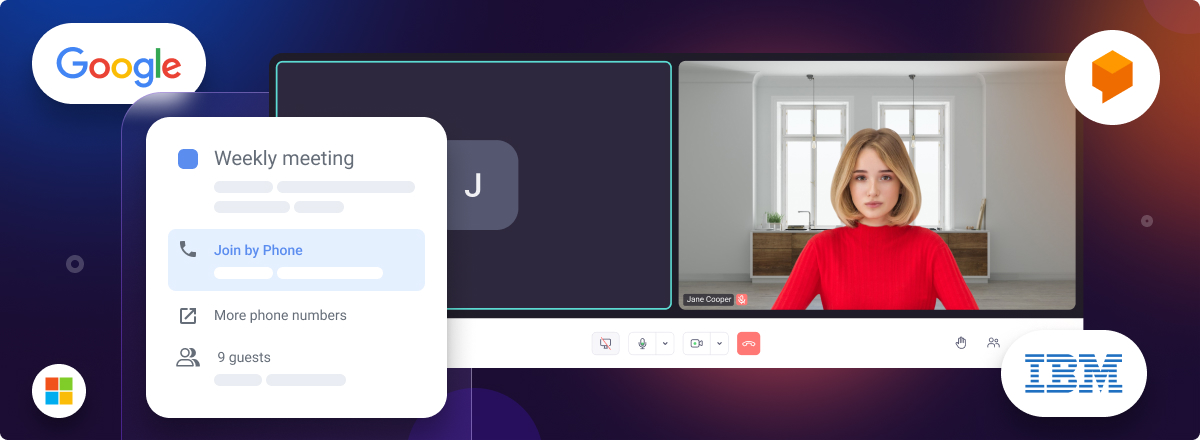
Chili Piper is popular, but is it the best for you? This article compares it to competitors like Dashly, Calendly, and others, examining features, pricing, and ideal use cases. Discover the right scheduling tool for your team's needs.

Voximplant now includes a native Deepgram module that connects any Voximplant call to Deepgram’s Voice Agent API for real-time, speech‑to‑speech conversations. You can stream audio from phone numbers, SIP trunks, WhatsApp, or WebRTC into Deepgram’s unified agent environment—combining STT, LLM reasoning, and TTS—and play responses via Voximplant’s serverless runtime with minimal latency.

Voximplant now includes a native Cartesia module for streaming, low-latency text-to-speech (TTS). You can use a single VoxEngine API to synthesize speech in real time, connect it to any call (PSTN, SIP, WebRTC, WhatsApp) and control playback from a Large Language Model (LLM) or other source, all inside VoxEngine.
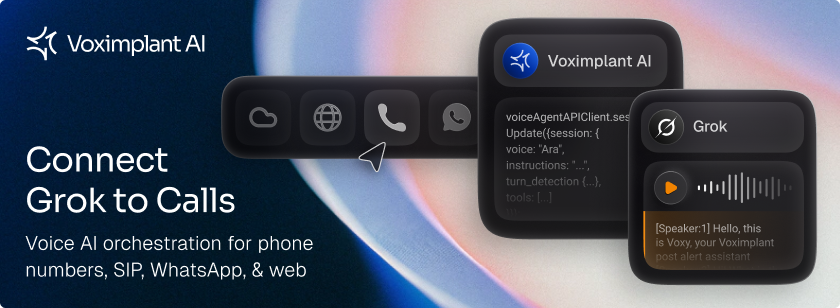
Voximplant now includes a native Grok module that connects any Voximplant call to xAI’s Grok Voice Agent API for real-time, speech-to-speech conversations. With a single VoxEngine scenario, you can interact via audio with Grok over phone numbers, SIP trunks and infrastructure, WhatsApp Business, or WebRTC into Grok — all without building custom media gateways or WebSocket streaming infrastructure.
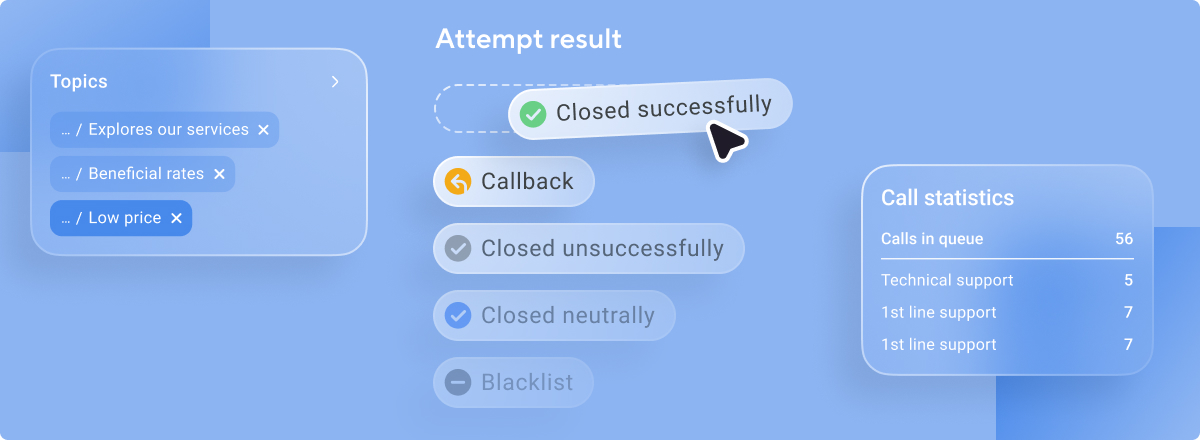
Check out the latest useful Voximplant Kit updates — we developed chat analytics, improved call history, added new tools for supervisors, expanded scenario capabilities, and updated the softphone. Below is a brief overview of the essential enhancements.
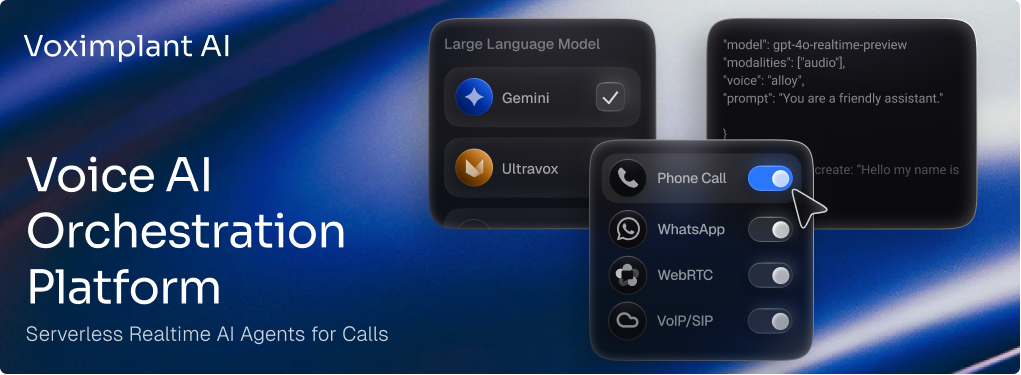
Learn how a Voice AI Orchestration Platform connects LLMs, STT/TTS, turn‑taking, and telephony (PSTN, SIP, WebRTC) to build reliable real‑time voice agents. See benefits, architecture, and how Voximplant helps.